Premium Only Content
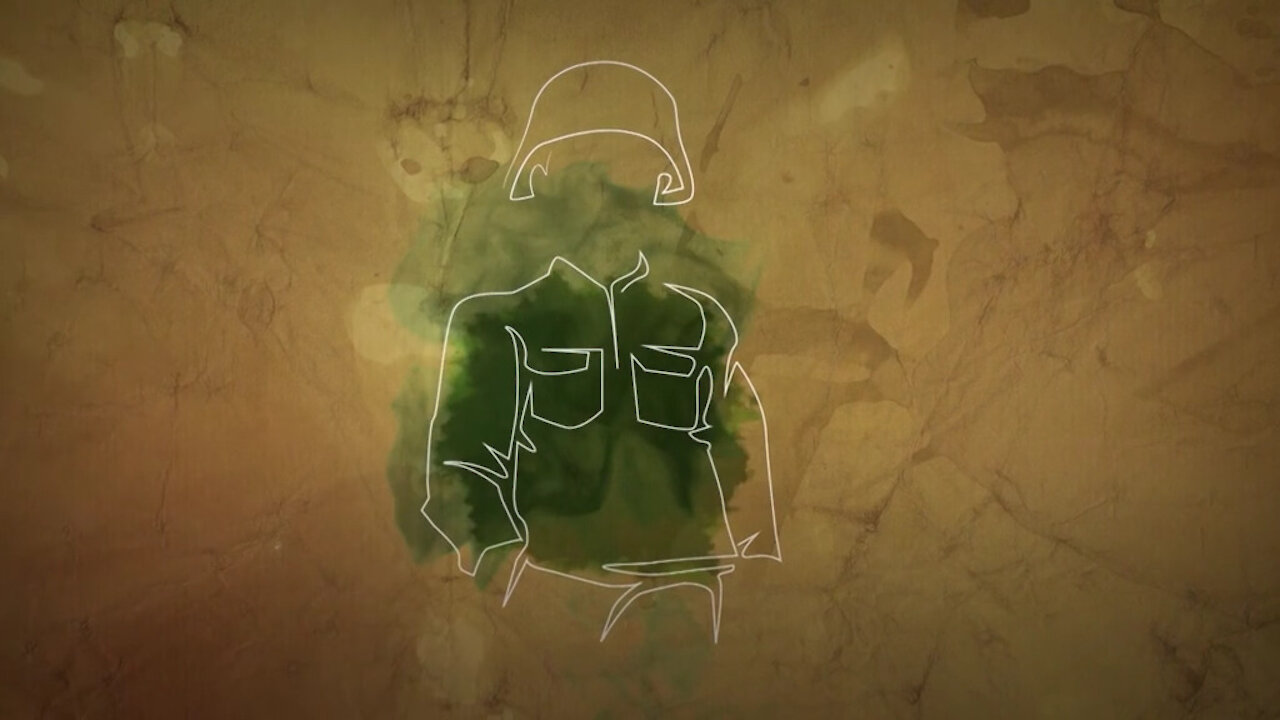
The colour of freedom – Visare’s story
Credit: Courtesy | Date Taken: 08/03/2021
--SYNOPSIS-- NATO recognises the disproportionate impact that conflict has on women and girls, the vital roles women play in peace and security, and the importance of incorporating gender perspectives in all that the Alliance does. NATO supports United Nations Security Council Resolution 1325 and all related Resolutions on Women, Peace and Security (WPS), and is committed to applying WPS principles in numerous ways – including by encouraging women to share their stories and empower their communities. Visare Gorani* is a gender equality and human rights worker who has lived in Kosovo for most of her life. In this illustrated animation, she reflects on her personal experiences before, during and after the conflict in Kosovo in the late 1990s. In her story, she shares her perspective on how she was personally affected by the establishment of the NATO-led Kosovo Force (KFOR), a multinational peacekeeping force mandated under United Nations Security Council Resolution 1244 of 1999 to ensure a safe and secure environment and freedom of movement for all communities in Kosovo. This video conveys the details of Visare Gorani’s individual story, but it also speaks to the shared experiences of countless other women and girls who have lived through conflict. NATO stands with all the women and girls, in Kosovo and elsewhere, who are affected by conflict, regardless of their ethnicity, religion or nationality. *Please note that Visare Gorani went by the name Visare Gashi at the time of recording for the video. --TRANSCRIPT-- (VOICEOVER) Visare Gorani, Senior Gender and Social Inclusion Advisor at UNOPS What is the colour of freedom? For me, the colour of freedom was military uniform, which is quite strange to say. I am Visare Gashi and I’m coming from Pristina, from Kosovo. As a woman, especially during the ‘90s – and I’m talking about pre-conflict – my society is quite patriarchal. So big themes and big discussions, usually it was about men. Women were somewhere. For me, it was extremely different to explain to someone that I would like to contribute and I would like to do my part in this society. But as a woman at that time, your role tended to get reduced. You would get a sympathetic eye, but not more than that. When almost everyone were expelled from the workplaces, the schools were shut down, public institutions as well. So I was in an age that I was about to get employed, to start working, contributing to the society, and that was not possible. Of course I had ambitions in life. I had ambitions to work, to raise my children, to grow in professional sphere. But it didn’t happen. It didn’t go like that. When conflict happens, what is normal? Because the normalcy has lost its meaning. My expectation was very simple. It was first of all to be able to send my children to the school, not being afraid that someone will enter in the classroom and will kidnap and I will lose my children. I will do my work. I will be free to travel. I will not be scared when I see police uniform. And these were very simple wishes. For me, freedom, it is very much connected to the NATO intervention. There are many shades of security. It is being able to talk publicly and not being labelled. Being able to pursue your dreams and ambitions and not being labelled for that. Being able to make choices in life, choices that will make you happy. So basically for me, security is pursuing yourself, your dreams. But still, I’m truly convinced that men need to understand that women think. And the women, they have their part and their share in life. It is not only men who will decide about peace and security.
-
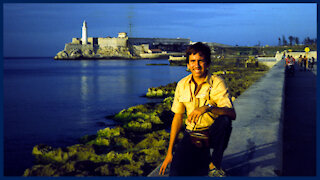 19:30
19:30
Traveling Robert
4 years ago $0.02 earnedFlight to Freedom: The Story of my Life
1701 -
 0:27
0:27
bushelsperacre
4 years ago $0.39 earnedFarming Freedom
1.09K1 -
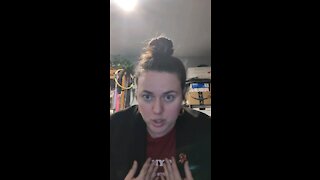 7:45
7:45
CarringtonR
4 years ago $0.11 earnedYour Freedom
6219 -
 13:11
13:11
JoeNicola
4 years ago $0.02 earnedFreedom ~ D. Rider
1971 -
 6:29
6:29
Newsy
4 years agoThe Freedom Singer
7051 -
![🔴[LIVE TRADING] Market Open Chaos (Quad Witching Edition) || The MK Show](https://1a-1791.com/video/fww1/15/s8/1/G/V/W/u/GVWuy.0kob-small-The-MK-Show-Mar.-21st.jpg) LIVE
LIVE
Matt Kohrs
11 hours ago🔴[LIVE TRADING] Market Open Chaos (Quad Witching Edition) || The MK Show
1,063 watching -
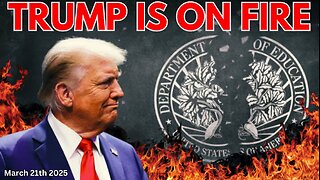 LIVE
LIVE
Wendy Bell Radio
6 hours agoTRUMP IS ON FIRE
9,804 watching -
 2:25:06
2:25:06
AP4Liberty
3 hours ago $5.41 earnedHas Bill Burr Gone Woke?
40.1K8 -
 14:21
14:21
IsaacButterfield
6 hours ago $0.26 earnedDelusional Woke Women Of TikTok
5.1K7 -
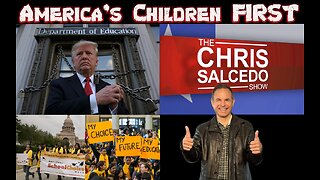 1:57:57
1:57:57
The Chris Salcedo Show
14 hours ago $3.55 earnedKicking Failed & Unwelcomed Government Out Of Education
37.4K2